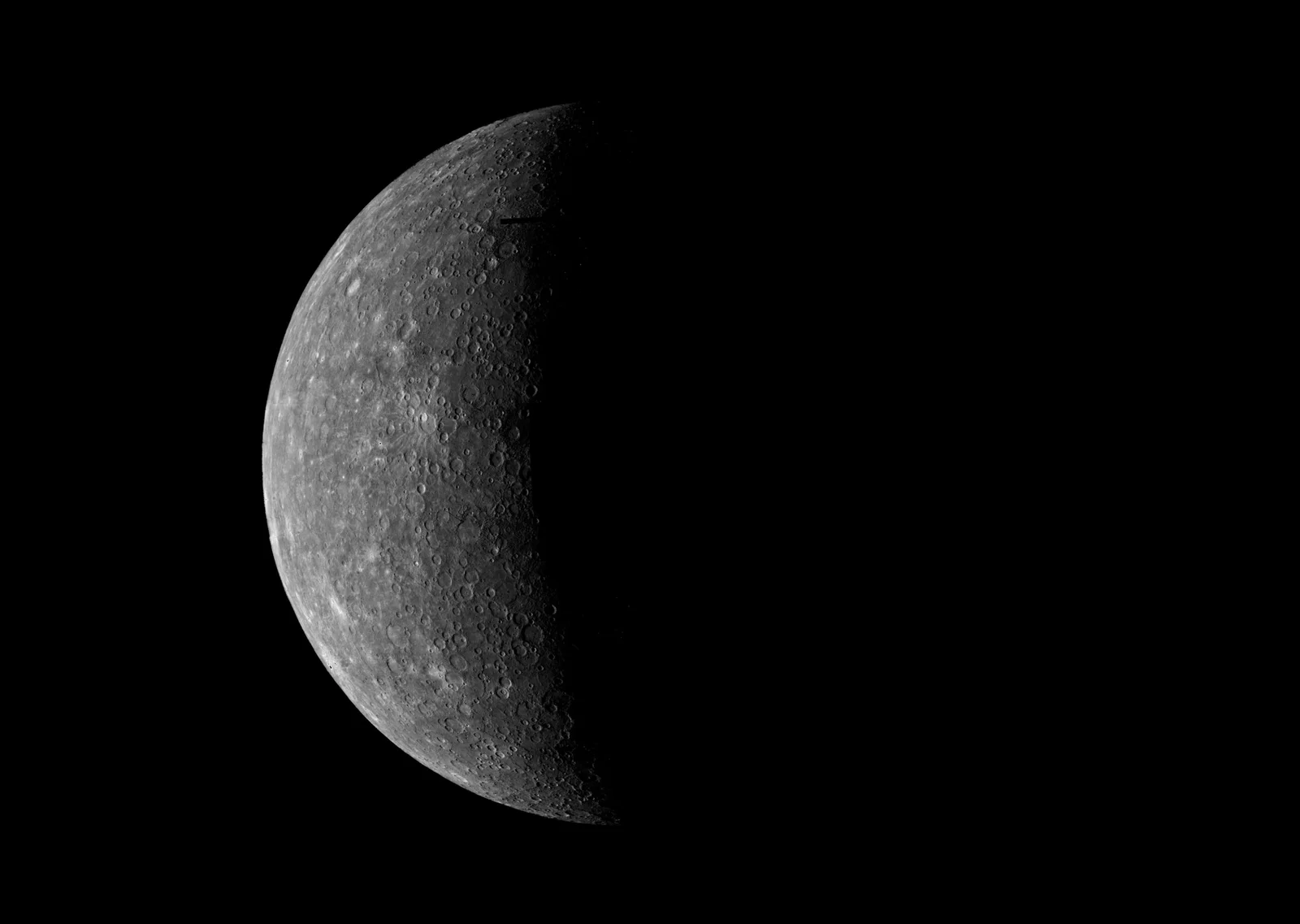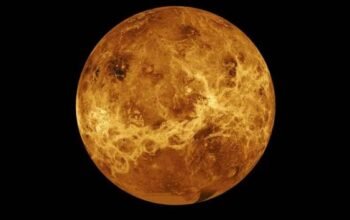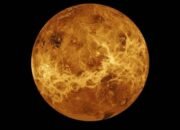middleportal.com – The planet Mercury, the closest planet to the Sun in our solar system, derived its name from ancient Roman and Greek mythology. The Romans named the planet after their messenger of the gods, Mercury. Known for its swiftness, Mercury is the fastest planet as it orbits around the Sun.
In Roman mythology, Mercury was considered the son of Maia Maiestas and Jupiter. Many of his characteristics and attributes were influenced by the Greek god Hermes. In Greek mythology, Hermes was revered as the messenger of the gods and the intermediary between the realm of the dead and the realm of the living.
The Romans, like the Greeks, believed that gods and goddesses played a significant role in the events and phenomena of the world. They associated the seven prominent celestial bodies in the sky with their most important deities.
Mercury, being one of the brightest objects in the sky, was named after the Roman god Mercury due to its rapid movement across the heavens. The planet’s swift orbit around the Sun, completing one revolution in just 88 Earth days, is reminiscent of the god’s agility and speed.
Mercury’s association with the Roman god Mercury goes beyond just its name. The planet’s characteristics and behavior align with the attributes of the god. In Roman mythology, Mercury was known as the god of commerce, communication, and travel. Similarly, the planet Mercury is associated with communication, intellect, and mental agility.
Furthermore, the planet’s proximity to the Sun gives it distinct characteristics. Mercury experiences extreme temperature variations, with scorching hot temperatures during the day and freezing cold temperatures at night. This duality is reminiscent of the god Mercury’s ability to traverse between the realms of the living and the dead.
It is worth noting that the Roman and Greek mythologies share many similarities, and the gods and goddesses often had equivalent counterparts in both cultures. The Romans adopted and adapted much of their mythology from the Greeks, often renaming the gods to fit their own cultural context.
While the Romans named the planet Mercury after their messenger of the gods, other cultures also had their own names for the planet. In ancient Egypt, Mercury was associated with the god Thoth, who was revered as the god of wisdom, writing, and knowledge.
In conclusion, the planet Mercury obtained its name from the Roman god Mercury, who was associated with communication, commerce, and travel. The planet’s rapid orbit and its proximity to the Sun reflect the god’s agility and speed. The Roman and Greek mythologies played a significant role in naming celestial bodies, attributing them to their most important deities. However, it is important to acknowledge that other cultures had their own interpretations and names for the planet Mercury.












